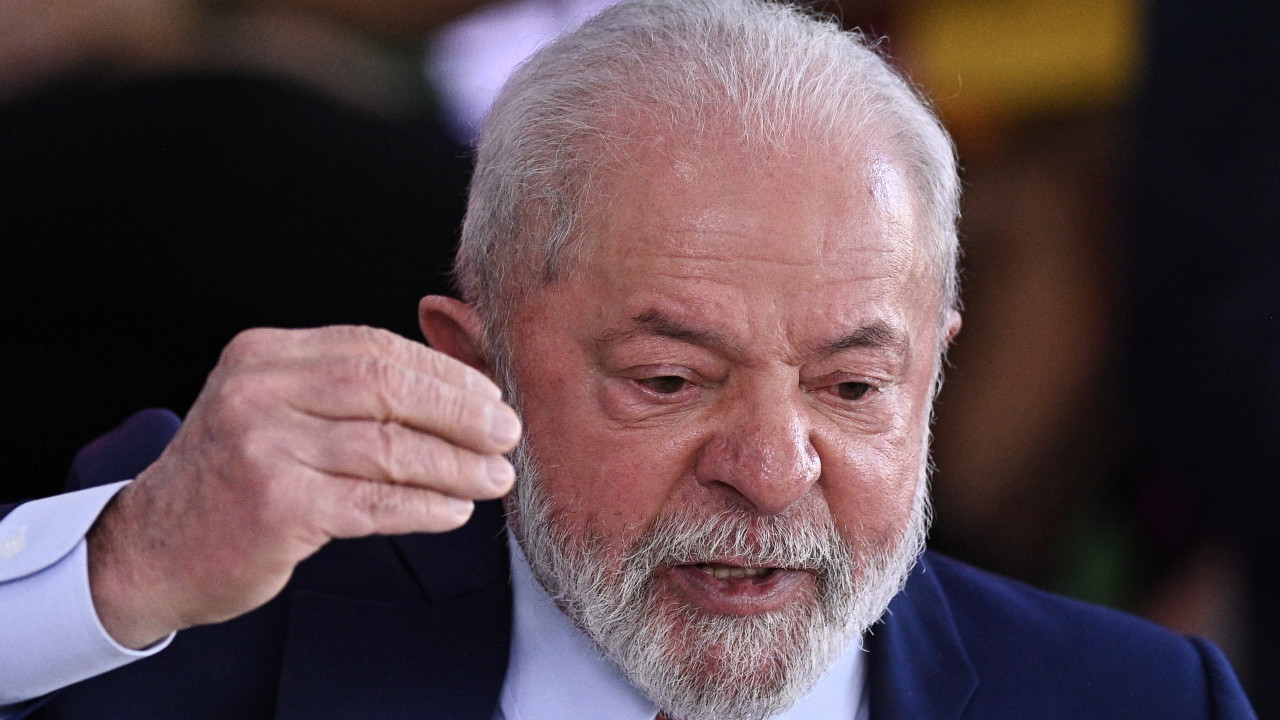
UA total of nine measures, including decrees and bills, were announced today, a day after a report by the Brazilian Public Security Forum revealed that, despite the fact that violent deaths in Brazil dropped to the lowest level in 11 years in 2022, violence continues to be a concern in the Amazon, there were a record number of violations and crimes such as racism, homophobia, femicide and fraud increased.
The so-called Security Action Program (PAS) was announced by Brazilian President Luiz Inácio Lula da Silva and his team at a ceremony in Brasilia.
The main news was the announcement of the Amazon Security and Sovereignty Plan (AMAS), which aims to combat the growing violence in the world’s largest tropical forest, especially drug trafficking, illegal mining and environmental crimes.
“In the Amazon, with 5 million square kilometers, an area larger than Europe, organized crime, drug trafficking and everything that is illegal in Brazil is being encouraged. We have to act so that it is not in the Brazilian jungle, so desired to be preserved by the whole world, that violence is encouraged”, said Lula da Silva.
The plan foresees an investment of two billion reais (about 377 million euros) in setting up bases and buying patrols, weapons, helicopters and armored boats for the security forces operating in the Amazon.
It also provides for the installation of 28 new land bases and five river bases, in which around 6,000 agents from the federal and regional forces will work together, the creation of the Environmental Operations Company of the Public Security Force of the Amazon and an International Police Cooperation Center in the region.
According to statistics released by the Brazilian Public Security Forum, the Amazon, despite being the least populated region in Brazil, was the scene of one in five violent deaths in the country last year, with more than 9,000 homicides out of the 47,500 registered in 2022 across the country.
While the death rate per 100,000 inhabitants dropped to 23.4 in Brazil as a whole, in the Amazon the rate was 33.8, and in some states, such as Amapá, 50.6.
The growth of violence in the region is attributed to disputes between rival criminal organizations, the advance of illegal mining and deforestation, and the worsening of land conflicts.
With regard to schools, the Brazilian Government presented a proposal, which still has to be discussed in Congress, to include in the Penal Code a new modality of qualified homicide for homicides in these establishments, with a one-third increase in the penalty if the victim is a person with a disability and two-thirds if the aggressor is a relative, teacher or person with authority over the student.
Likewise, the new legislation that will be sent for parliamentary analysis proposes to typify a new crime, “violence in educational establishments”, with prison sentences of three months to three years, and with an increase of one third of the sentence in the case of serious injuries or aggression committed against people with disabilities.
Considering this type of attack as a heinous crime will also prevent the convicted person from being entitled to bail or being eligible for pardons, amnesties or parole.
The Brazilian Government’s bill is a response to the attacks on schools registered in recent years.
In another package of measures, Lula da Silva’s team also proposes to reinforce punishments for anti-democratic acts such as the one that occurred on January 8, when thousands of supporters of former president Jair Bolsonaro invaded and vandalized the headquarters of the Presidency of the Republic, Congress and the Federal Supreme Court, in Brasília, in a failed attempt to seize power.
Six months after the coup attempt, Lula da Silva presented two bills for consideration by Congress that would increase penalties for people who committed these crimes.
Among the measures that will be debated in Congress are also the authorization to search and seize assets and the embargo of bank accounts of those responsible for this type of crime and another that the penalties are aggravated, with punishments that could reach up to 20 years for those who finance anti-democratic acts and up to 40 years for those who attempt against the life of authorities.
Also Read: Lula criticizes the fact that hunger was not discussed at the EU-CELAC summit
Always be the first to know.
Seventh consecutive year Consumer Choice for Online Press.
Download our free App.

Source: https://www.noticiasaominuto.com/mundo/2366059/brasil-anuncia-plano-de-combate-a-crimes-na-amazonia


